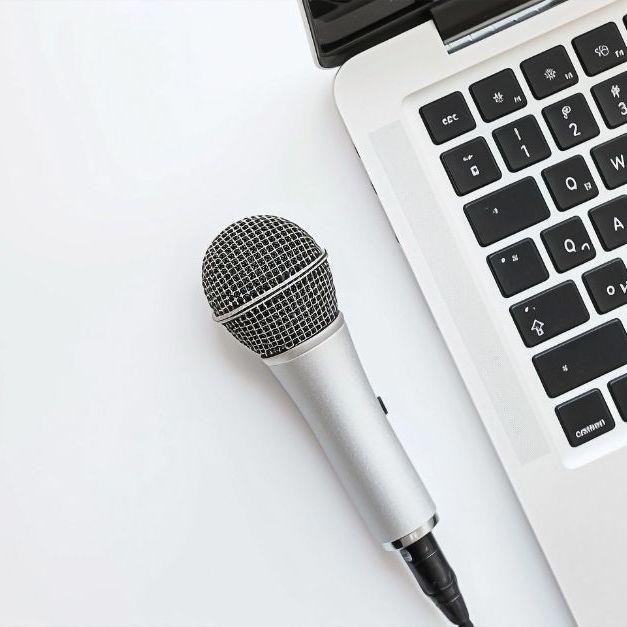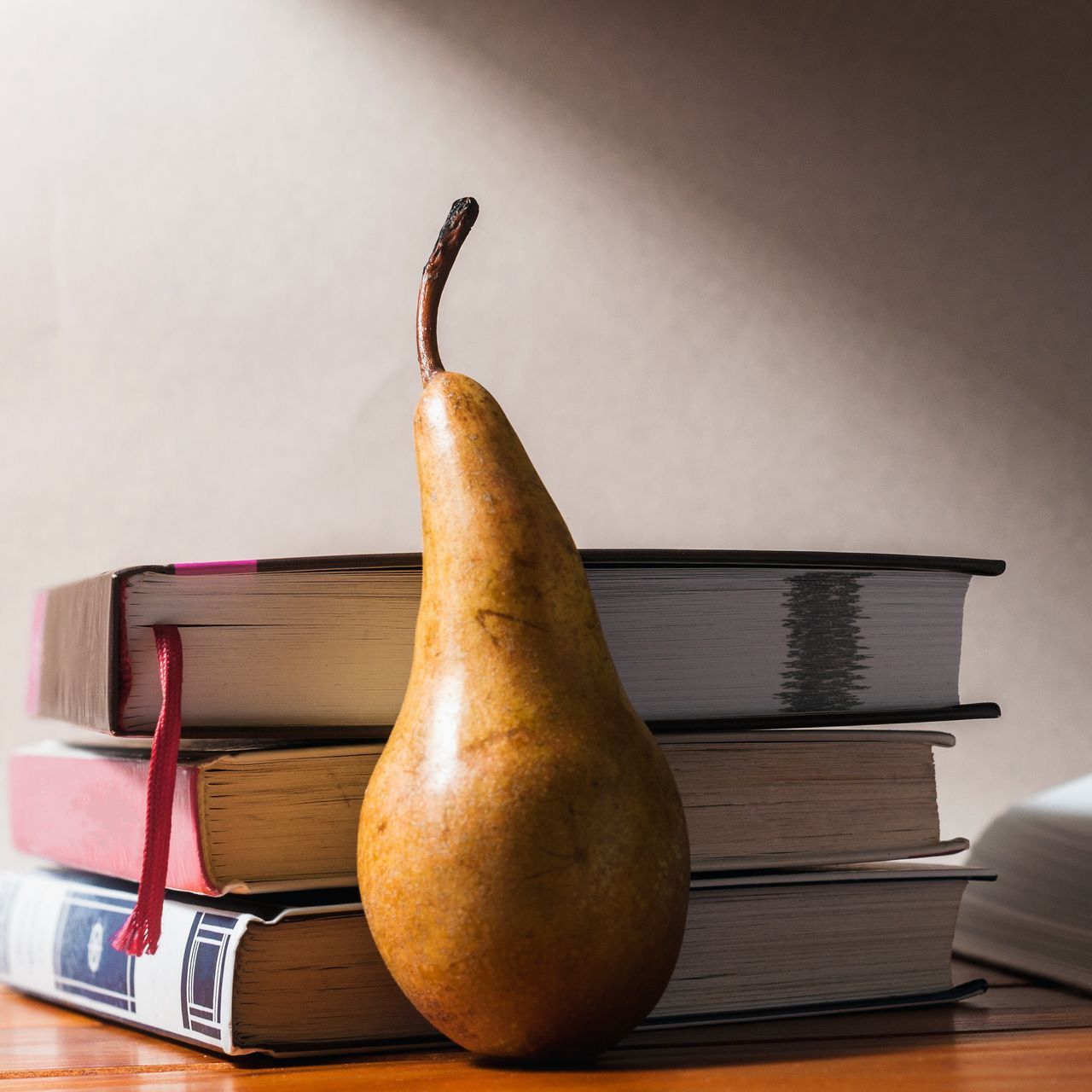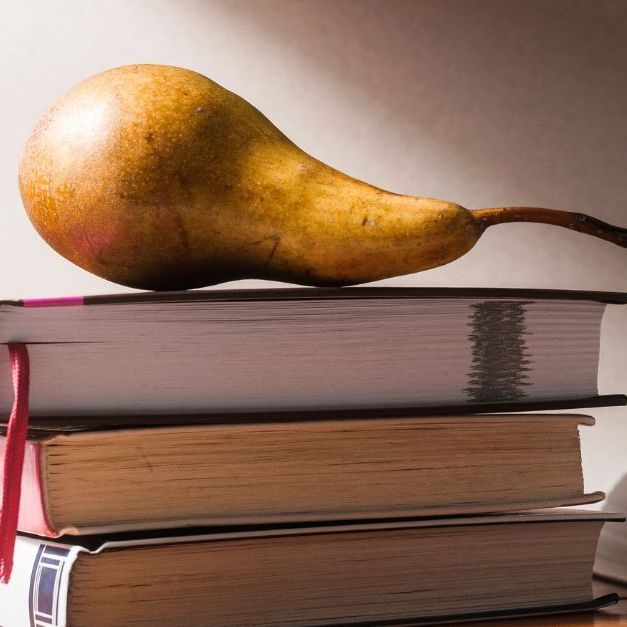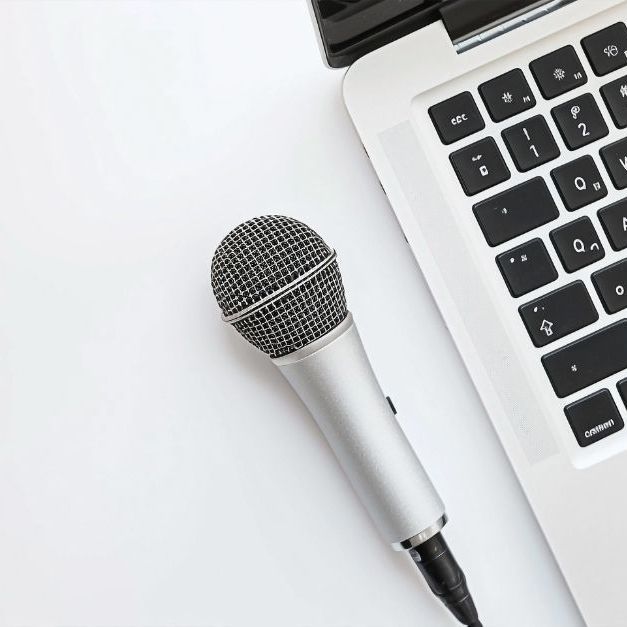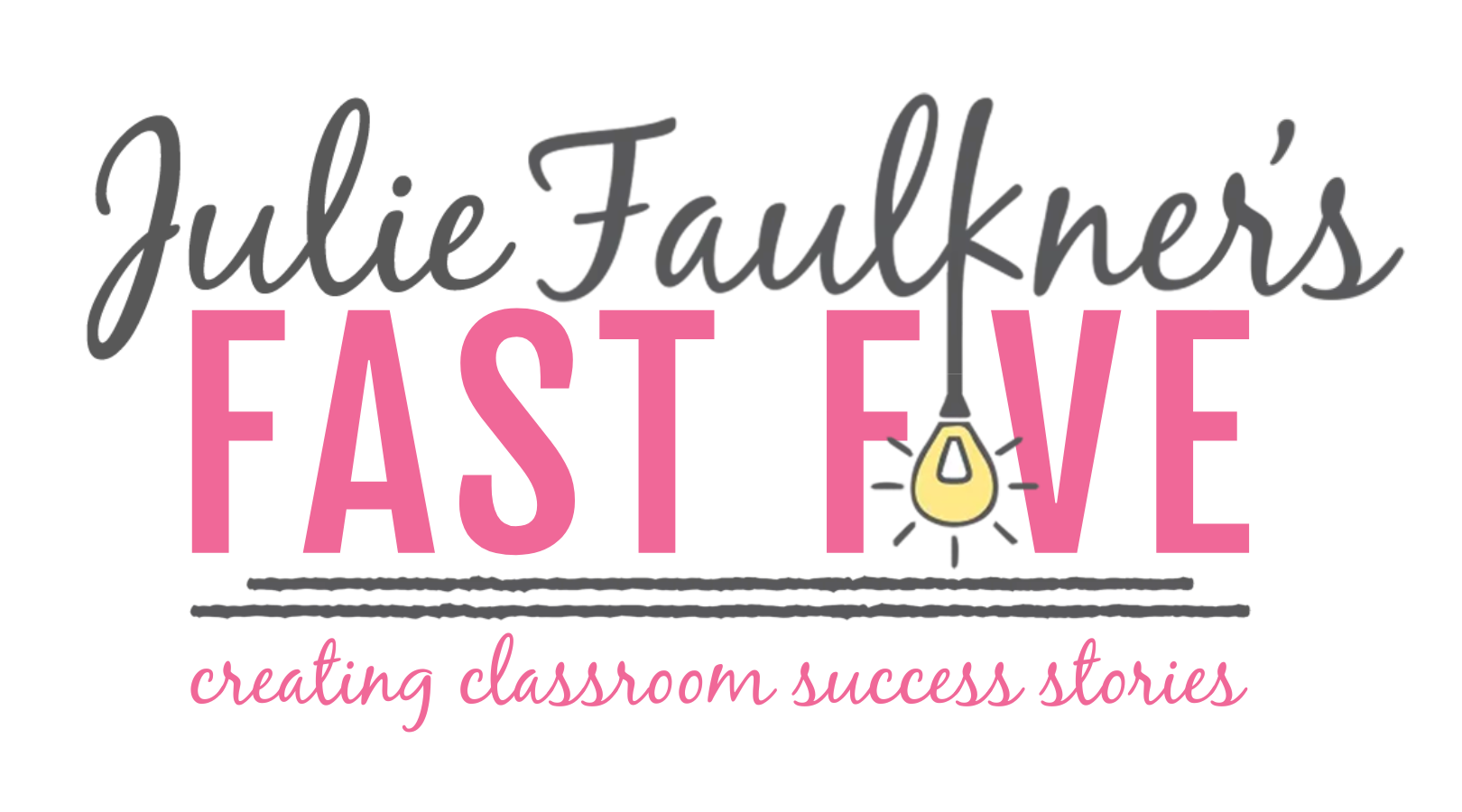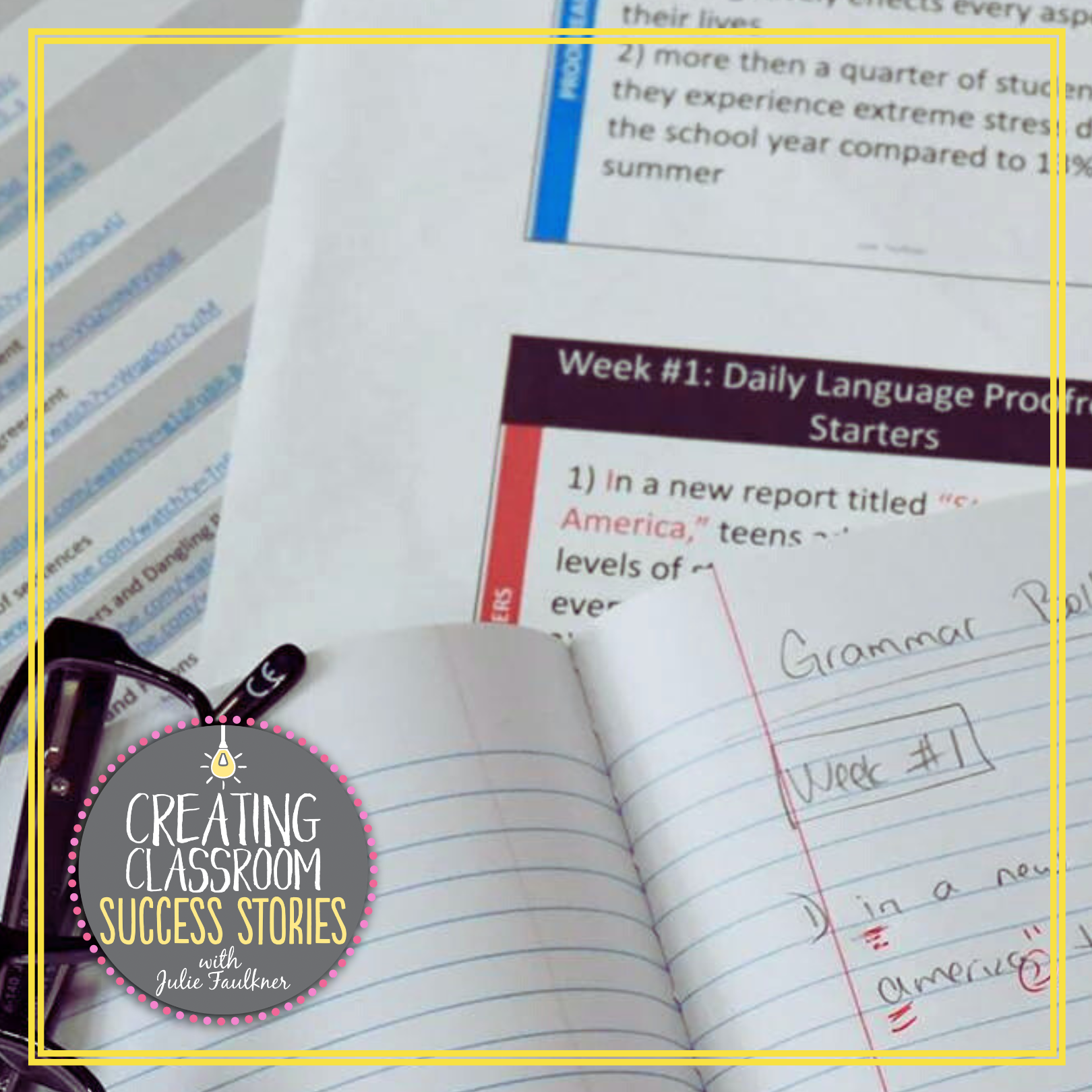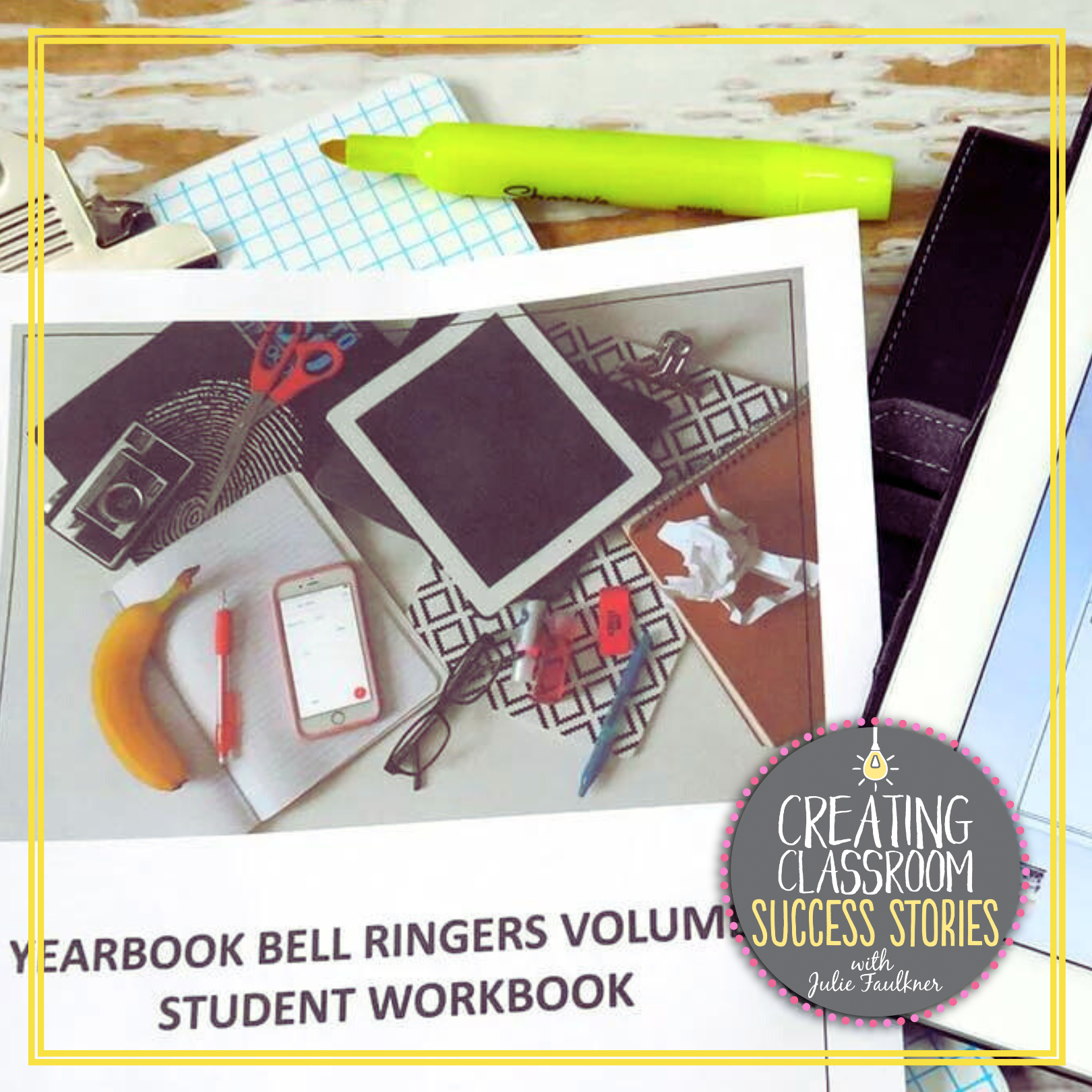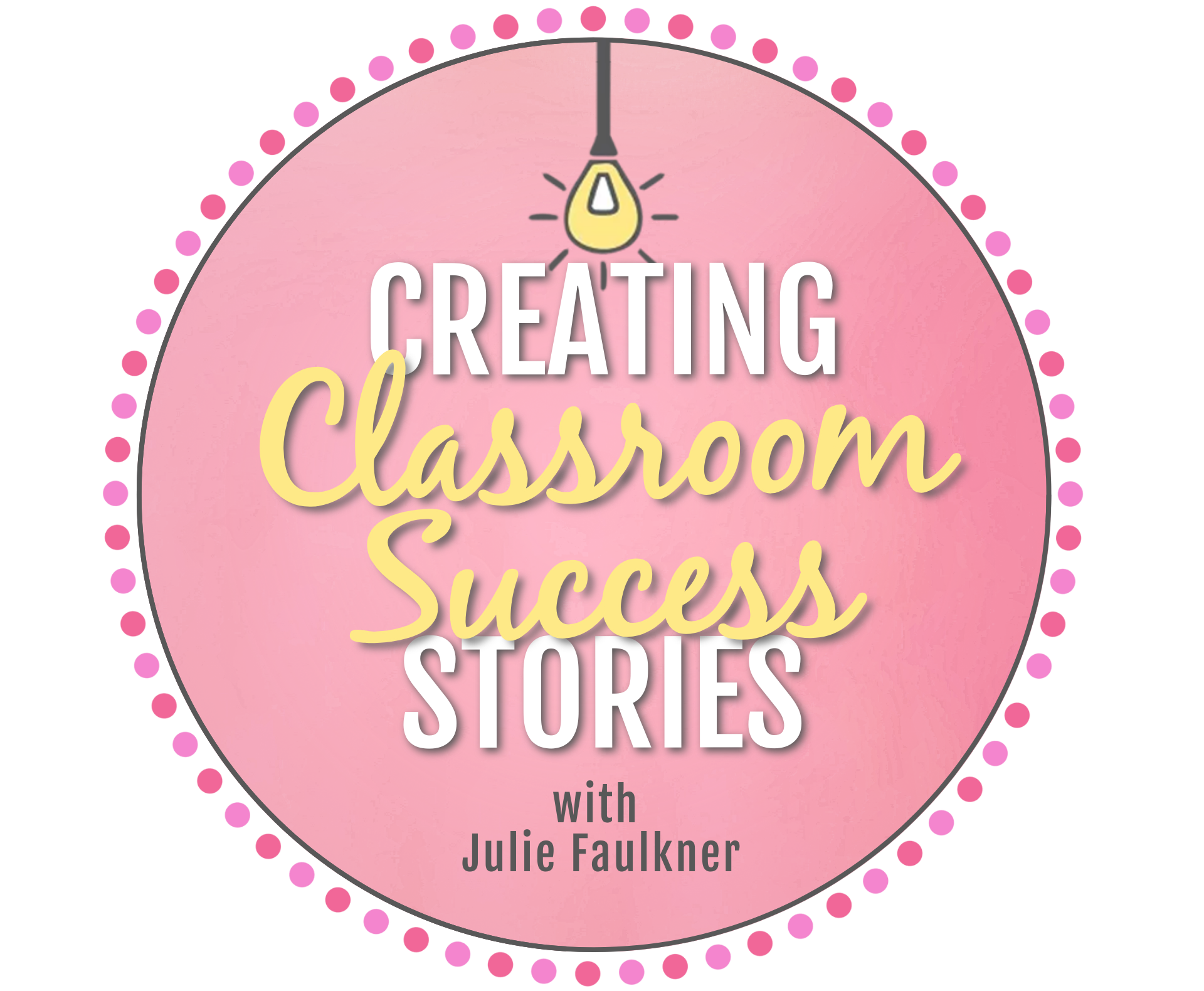The Power of “I Don't Know” – as a Teacher
We’ve all been in that situation where we had something come up and we didn’t know the answer. Or we’ve had the nightmare of feeling like we weren’t prepared with all the answers. It all feels awkward, uncomfortable, or embarrassing. When I first started teaching, I would have nearly died when I had to admit to students that I didn’t know the answer to something. I’d like to say that I handled those situations with grace instead of stuttering around – or worse, making something up. But, I can’t be certain. I just know I didn’t want to say, “I don’t know.” In the past few years, though, I’ve really begun to embrace the power of the statement “I don’t know.” I don’t view it as a “cop out” because I’d never in one-hundred years let my students use it as an excuse, either. If students tell me “I don’t know,” I say, “Tell me what you do know,” and we go from there. But, what I’m sharing today is something a little different – something I hope will offer a paradigm shift to alleviate maybe just one bit of stress we feel as teachers.
1.
Remember that nightmare I mentioned? The one where you’ve been in front of a class when students asked you a question to which you didn’t really know the answer. If you are like me, you felt horrified. It’s the little stuff I’m talking about here that students ask that would make me squirm if I didn’t know the answer. For example, what’s for lunch? Really! I just always felt like I had to be on top of everything 100% of the time. Honestly, that is just one more thing I don’t need on my plate. No one gives me the lunch menu in email or in my box. I would have to make a special trip to get it. So, no. I don’t know what is being served for lunch, what clubs are meeting Friday, or who is taking the bowling field trip next week. Not my circus. I don’t need that extra info floating around in my head! Kids just expect that since we are the teacher, we should know ALL the answers. Frankly, that’s just a lot of extra pressure I don’t need. “Let me help you find someone who does know” – that’s my response. It’s so liberating to free myself of the pressure of feeling like I must respond to every question a student asks, but I never leave them hanging without a way to find the answer they need.
2.
However, there are those times when questions come up related to class – or at least semi-related to my lesson that would make me really nervous when I couldn’t answer it. In my senior English class, we do a lot of work with British literature. I’ve studied and researched just as much as I needed, honestly, to teach the lesson and set the groundwork for the text. Some students are really curious about the extreme details of medieval life because they see it their video games, etc. No, I don’t know the name of every king and queen to rule during those times. Other times, we are having book club discussions about a novel, and something comes up. With three different novels from three different classes going all at once, often my wires get crossed, or I just simply forget or overlook certain details that they pick up on. A couple of weeks ago while discussing Columbine in our Friday book clubs, a question came up about the gloves Eric and Dylan wore during the massacre. I knew that was an important detail, and the kids had a great point about the symbolism of it. Then that led to a question where they wondered if one boy was left or right-handed to pursue that thought even more. I remembered that detail from somewhere along the way, but I just couldn’t recall it. So, we just looked it up. In fact, it turned out to be an unresolved question in the investigation.
3.
How many times are students doing something you don’t have a clue about? I could make a list a mile long – or longer. Sometimes I ignore their newest fad, but other times, if it somehow relates, or if I’m curious, I’ll ask them to teach me. Just this week I learned how to dab! Last month, they introduced me to Danielle Bregoli – and ONLY because her infamous statement showed up on one of their Canterbury Tales memes, and I wasn’t going to let it fly because I didn’t know what it meant. I literally said, “I have no idea what that even means. No, you can’t use it.” Laughter erupted from the entire class, and they quickly told me the entire story – complete with video. I am now scarred for life. All in all, I really don’t need to know who Danielle Bregoli is or how to dab, but the real benefit is that I’m keeping the channel open between us, so they know I value their knowledge and expertise. Sometimes it’s really useful info. 🙂 For example, once we were reading an article about horror movies, and students were trying to recall the part of the brain that handles fear. Um, yeah, I’ve read about that, but I really didn’t know the name of it. Some of the anatomy students had just studied the brain, and they were able to chime in and explain. I think that’s awesome for them to share their knowledge, and all the pressure wasn’t on me to have the answer. That’s a classroom success story to me.
4.
Every now and then the students will ask a question to which I should know the answer. I am reminded of a time from this semester when I was introducing The Canterbury Tales to my seniors. The slideshow I created mentions that Chaucer didn’t complete all the tales he set out to write. Almost immediately a hand shoots up – “Why not? How many did he finish?” My throat jumped into my stomach. I hadn’t taught the unit in a few years due to scheduling, but I have taken for granted that I was familiar enough with the material to launch the unit anyway. I had failed to really refresh myself of all the details. Of course, I could play the “We will look it up card,” but since this really IS my area of expertise, I should’ve remembered that. So, sometimes having to say, “I don’t remember… I don’t know” reminds me not to slack. Thankfully, my students weren’t facetious enough to keep questioning me. I just told them the truth – that I had forgotten that detail, and I would let them know tomorrow. I really did lose some sleep over that one.
5.
Questions are important. In fact, I LOVE for students to ask questions – even to question me sometimes in a curious, productive way without that teenage arrogance (I guess that’s a topic for another day). Now days, though, there will be some questions for which I just don’t have the answer. End. Of. Story. Sometimes I think kids want to see if they can catch you off-guard, or they want to see you squirm, or they are being arrogant. Being transparent, and even vulnerable, really just shows them you are human, and it’s so much less stress to be in that mindset. Ultimately, I’m showing students the value of research and the power of knowing how to look up answers – the right way. A great teaching moment – not embarrassing at all.
Another couple of really powerful “I don’t know” statements come to mind, too. And these are really some of my favorites:
- “I don t know when I’ll get around do that because I’m so swamped.”
- “I don’t know if you know how proud of you I am.”
- “I don’t know that it really matters if…”
- “I don’t know why people do bad things…”
- “I don’t know what might happen next because of…”
What can you add to the list? Have students ever caught you off guard? What’s the best/worse question you’ve ever been asked by a student?
Love this content?
Sign up for my email newsletter with more tips, ideas, success stories, and freebies!
